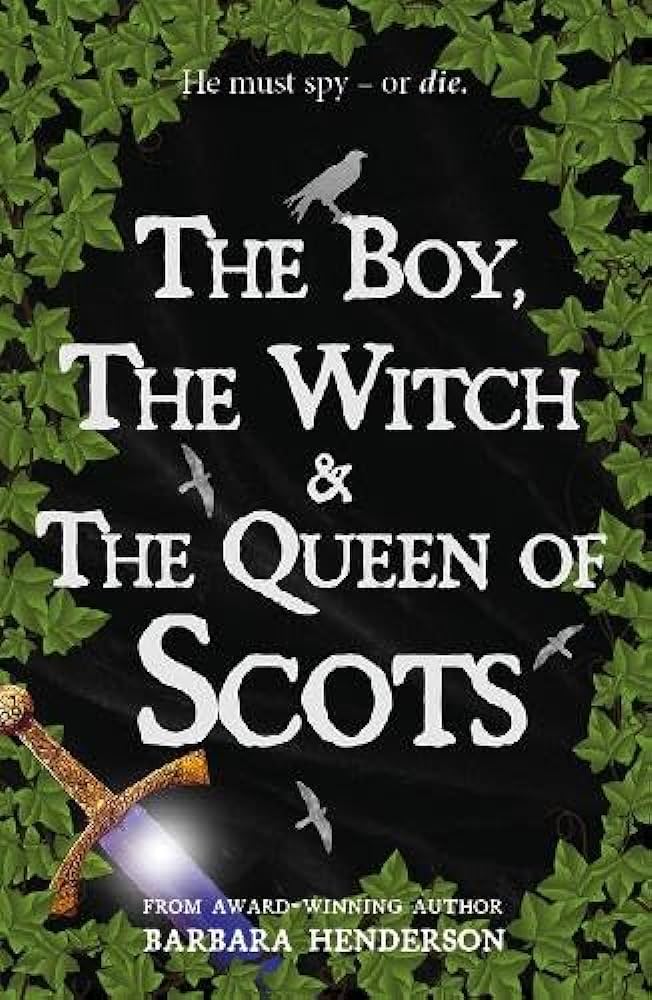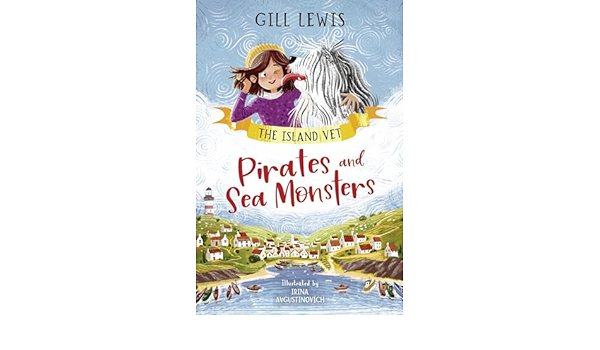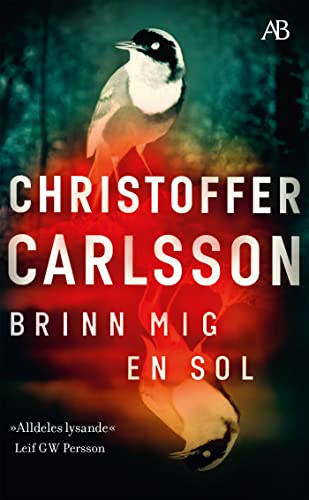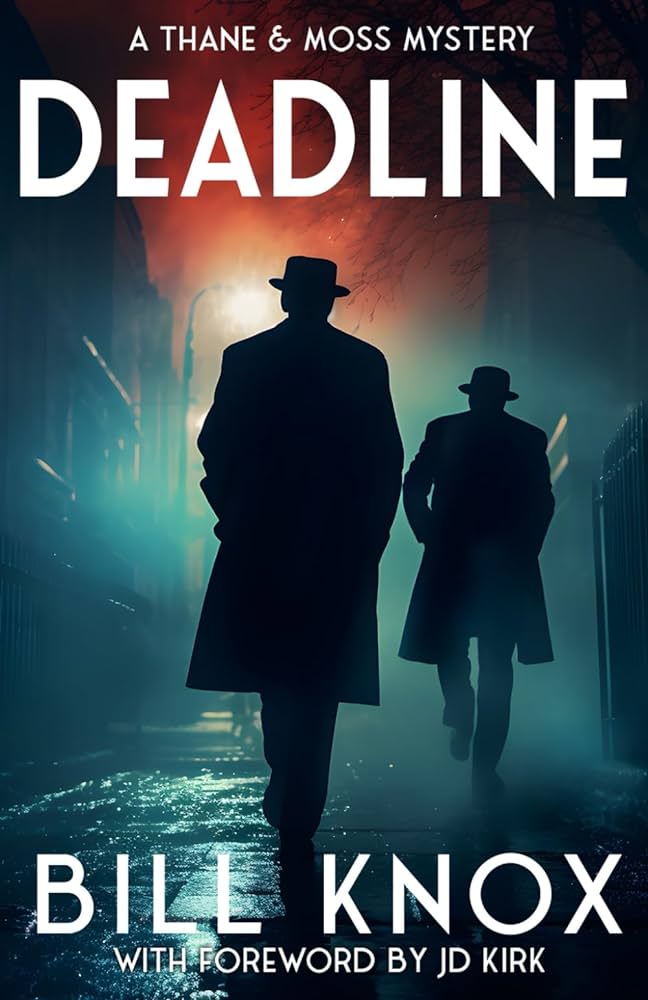Tom Palmer keeps them coming; the wonderful stories from WWII and after, some of them set in the Lake District. Angel of Grasmere is the latest, beginning in 1940, soon after Dunkirk.
Tarn and her friends roam the fells, partly looking for invading Nazis, but also because it’s what children did. Tarn’s older brother was lost in the retreat from Dunkirk, and her family no longer feels complete.

But Tarn has her friend Peter and their new pal Eric, an evacuee from Manchester. Their story is a good way of learning what life during the war might have been like, and it’s shocking how close the was came, to somewhere that feels quite distant both from Europe and the south of England.
There seems to be an angel in the neighbourhood, someone who carries out acts of kindness in various ways. It makes people feel better, thinking someone is looking out for them.
In a way their lives are quite ordinary, and yet not at all. This is a lowkey kind of war story, making you feel good about seeing the actions of this angel, as well as seeing how grown up these 11-year-olds could be. Because they had to.
And the setting is lovely, between Grasmere village and up towards Easedale Tarn.







